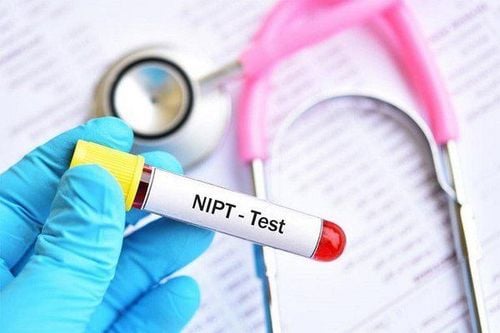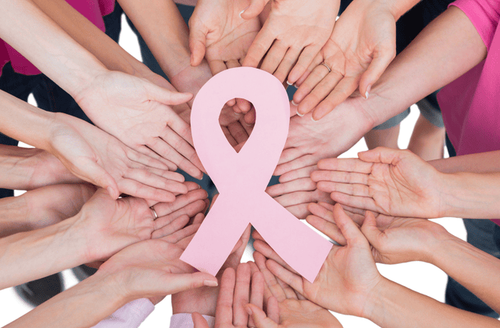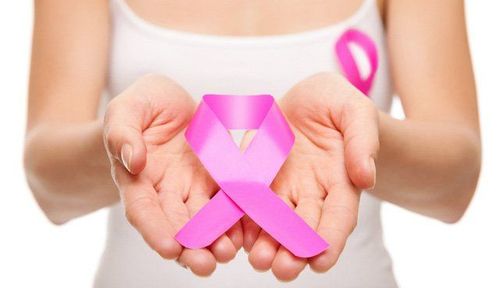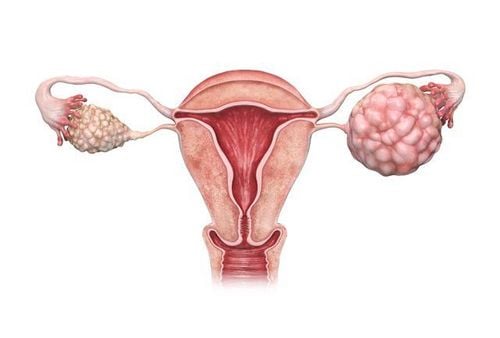This is an automatically translated article.
Breast cancer has a genetic factor, if a member of the same family has breast cancer, the risk of carrying an abnormal gene increases the risk of breast cancer.1. What are genetics?
When conception occurs, the fetus inherits half of the genes from the father and the other half from the mother. Inherited genes determine factors such as skin color, eyes, hair...In addition, the fetus may also receive some pathological genes from the father or mother, including breast cancer, ovarian cancer. egg.
2. Hereditary breast cancer
If someone in your family has had breast cancer, your risk of developing breast cancer is higher. Inheriting an abnormal gene (gene mutation) increases the risk of breast cancer. Gene mutations occurring in two main genes, the BRCA1 gene and the BRCA2 gene, are the main cause of breast cancer.Normally two genes BRCA1 and gene BRCA2 have a set effect to repair cell damage and help restore normal healthy breast cells.
When mutations occur, they do not do their job properly, causing the abnormal growth of breast cells, this abnormal activity increases the risk of breast cancer and can inherit the mutated gene. this variable for the next generation.
Carrying a mutated gene does not mean you definitely have cancer. However, when a woman has mutations in the BRCA1 gene and/or the BRCA2 gene, there is an 80% increased risk of breast cancer.
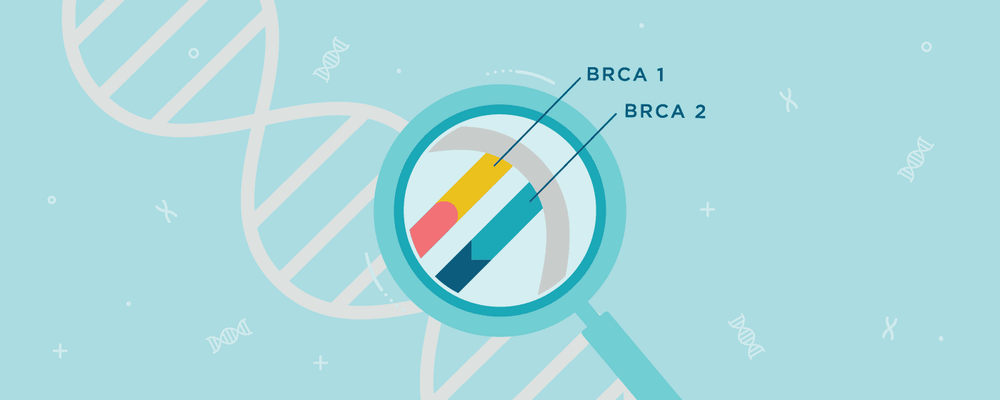
Đột biến gen xảy ra ở hai gen chính là gen BRCA1 và gen BRCA2 là nguyên nhân chính gây ung thư vú
3. Gene test detects cancer risk
To detect whether you carry a BRCA mutation or not, genetic testing is required.3.1. When to have genetic testing? Have been diagnosed with breast cancer. Breast cancer in men. Diagnostic screening at any age, especially in people who have one or more close relatives with cancer. Family history of three types of cancer (including breast, colon, and pancreatic cancer). 3.2. Significance of Genetic Mutation Test Results A negative result does not mean that there is no risk of breast cancer and a positive result does not mean that breast cancer is certain.
Positive means carrying a mutated gene BRCA1 or BRCA2 or both: This means there is a possibility of cancer risk. However, it does not mean that the patient is having cancer or will definitely have cancer. Negative means not carrying a mutated BRCA gene: However, this result does not rule out a genetic risk of cancer because not all All mutations are detected by genetic testing. True negative result: Means a mutation has occurred in one or more family members, but you do not carry the mutated gene. So your cancer risk is similar to that of other women. You have a genetic mutation that is not clinically significant: This means you have an inherited mutation that is not known to increase your risk of breast cancer.
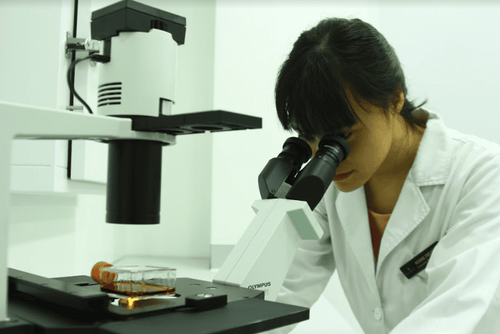
Xét nghiệm tại Bệnh viện Đa khoa Quốc tế Vinmec
Regularly screen for ovarian and breast cancer. Take medication to reduce the risk. Prophylactic surgery (removal of the mammary gland and ovaries to reduce the risk of cancer) is possible. Breast cancer can be caused by genetic factors, genetic testing can help us to carry an abnormal gene that increases the risk of cancer and it is very helpful when someone in the family has had cancer. letters. When there are positive results, we regularly screen for breast cancer to detect early or have methods to reduce the risk of cancer.
Please dial HOTLINE for more information or register for an appointment HERE. Download MyVinmec app to make appointments faster and to manage your bookings easily.




